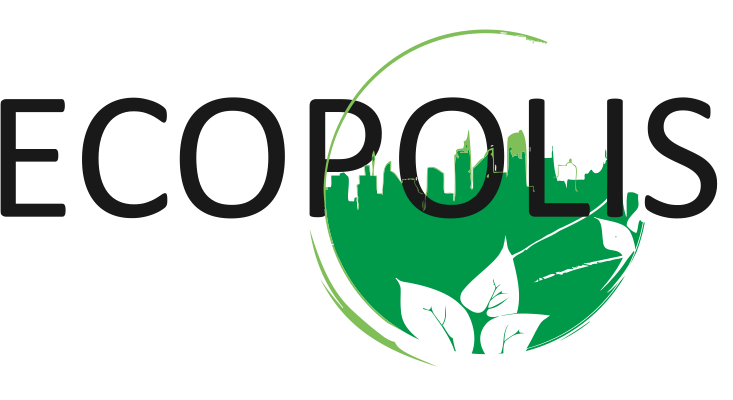
The Chrono-Environment Laboratory (LCE) is under the dual supervision of the University of Bourgogne Franche-Comté (UBFC) and the Institut Ecologie et Environnement (INEE) of the CNRS. The laboratory has multiple skills in terms of phytomanagement and related environmental monitoring tools that will be used in the project, and will be based on its PEA2T analytical platform. A number of demonstration trials managed by the LCE have been developed within the past 12 years and these research success gained now deserve to be fully integrated to the restoration of urban environments.

The FEMTO-DISC team members are specialists in wireless sensor networks, which they have been studying for more than 10 years. Their work is not only theoretical, but has led them to concrete implementations on real wireless sensor networks, both in the context of predictive maintenance in industrial environments.

The PMA (Pays de Montbéliard Agglomération) territory and the Urban and Development Planning Agency (ADUPM), with a large consortium of private industrial companies, Universities and public establishments, have recently been awarded as “Territory of Innovation” of the Investment for the Future Program (PIA3) launched by the French General Secretariat for Investment, whose expected impact is to support the transformation of this industrial territory, a land of technological innovation, into the industry of the future. Indeed, as described in the proposal’s context, the industrial territory of Nord Franche-Comté has to manage more than 1 500 000 m² of old industrial sites, often located in the heart of the cities and along the rivers. The reconquest of these abandoned spaces is an important stake for the attractiveness of his cities and to limit soil artificialization.
One of the 29 actions of this “Transformation of an industrial Territory” systemic project was named “Living Lab Phytomanagement of polluted sites” and allows PMA:
- to acquire the 20956 m² brownfield site, in Vieux-Charmont near Sochaux, resulting from the liquidation of the surface treatment company Burgess Norton. Plot AB 153 (total budget: 16 765 €). This action is currently being carried out, and PMA has recently received the authorization to start to work on the site;
- to construct and equip a building on site (valorizing the existing buildings) to host research and pedagogic activities including demolition works;
- to carry out landscaping works, including plantation costs and soil preparation;
- to fund scientific culture activities notably, but not exclusively, for school children; design and manufacture of scientific and technical culture popularization tools (activity led by the Science pavilion, the technical and industrial scientific culture center of Burgundy / Franche-Comté) and more generally communication actions towards the largest public. This activity will be initiated after the implementation of the living-lab;
So, to sum up, the “Territory of Innovation” project led by PMA, which required co-financing up to 50% provides the ideal working environment for engaging the ANR ECOPOLIS program piloted by LCE. Strictly individualized in their actions and their funding, the two programs are complementary.

TESORA is a Technical Design Office (BET), independent company, specialized in polluted sites and soils. It provides a complete range of services to define the state of a site’s soils and the possible management strategies of polluted lands (historical studies, vulnerability studies, diagnostics, management plan). TESORA operates in direct consultations, in framework contacts, or by responding to calls for tenders from a large and varied clientele (planners, developers, industrialists, administration…) and is leading several projects ranging from the rationalization of internal tools to collaborative projects with public and private laboratories. TESORA has a great experience in wasteland management.

The ANR’s activities are designed to support the excellence of French research at a variety of techno-logical readiness levels (TRL), support basic research, encourage academic and public-private scientific partnerships and promote European and international cooperation. To achieve these goals, it organises competitive calls for proposals and conducts rigorous selection processes based on peer review, in compliance with international standards: impartiality, equal treatment, confidentiality, ethics, scientific integrity and transparency.

Territoires d’innovation aims to highlight the territories of the future in France and new models of territorial development. Innovative, replicable and exemplary, these new models will promote the emergence of ecosystems conducive to sustainable economic development and the improvement of the living conditions of populations, while allowing local economic actors to shine.
